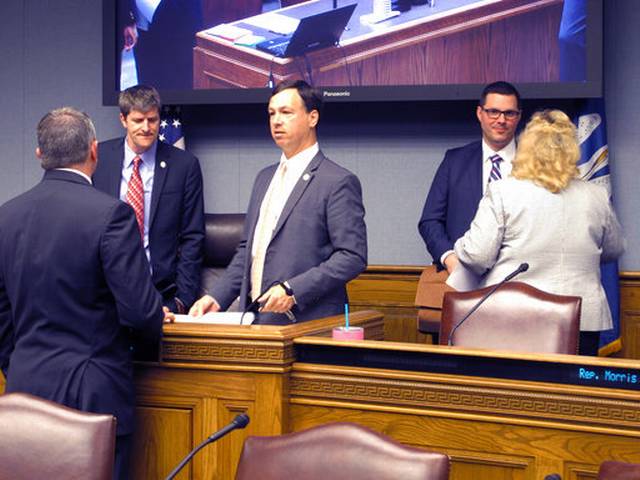186
BATON ROUGE — Lawmakers on the House tax committee quickly launched their work Tuesday on the main debate of the legislative session: whether and how to rewrite Louisiana's tax laws.
The House Ways and Means Committee began vetting tax proposals
House committee starts vetting tax reform ideas
previous post




